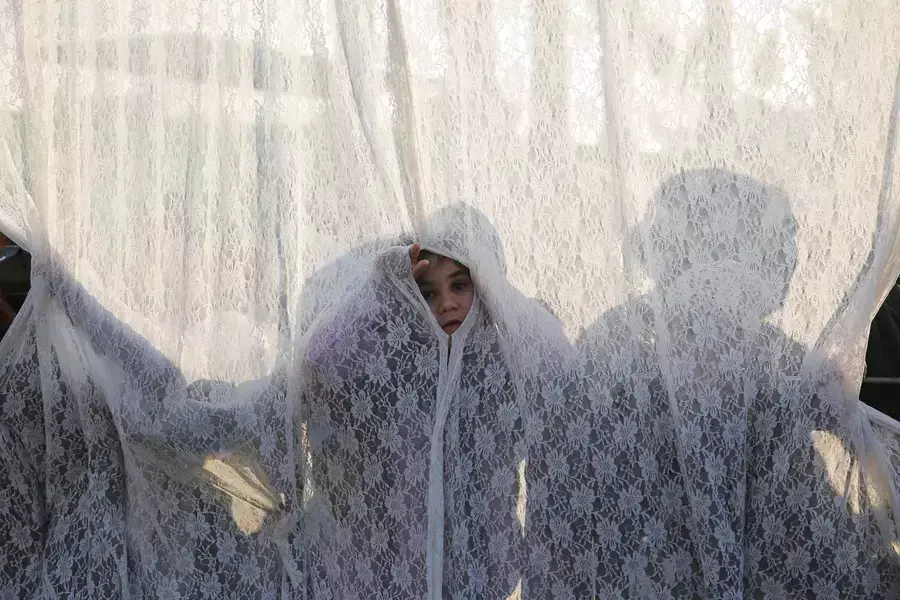Women This Week: Women in Israel Raise Alarm With Experiences of Sex Segregation

Ultra-Orthodox Values Expand Influence in Israel
A politically powerful coalition of ultra-Orthodox Jews in Israel is raising alarm by advocating for sex segregation in public areas and the implementation of an all-male rabbinical court. While the Supreme Court has already ruled against the legality of many similar efforts, the past decade has seen sex segregation become more normalized and incidents of such separation have been on the rise. Secular women have been refused entry to train cars by ultra-Orthodox men, bus drivers have refused to pick up women wearing crop-tops or tightly fitting clothes, and men in the religious town of Bnei Brak reportedly stopped traffic because a woman was driving a public bus. Sex segregation has also been allowed in areas such as undergraduate college classrooms. Many are concerned that Prime Minister Benjamin Netanyahu’s attempts to weaken the Supreme Court will lead to more segregation in workplaces and public venues. “What is going on here is not an issue of left and right — they are changing the rules of the game, and it will have a dramatic effect on women,” said Moran Zer Katzenstein, who heads Bonot Alternativa.
Backsliding on Abortion Rights in Chile
Ultraconservative members of Chile’s Republican party are seeking to implement harsh restrictions on abortion. In 2017, Chile’s then-President Michele Bachelet decriminalized abortion in cases of medical emergency for the mother’s life, nonviable pregnancies, and pregnancies resulting from rape. In 2022, abortion activists sought to expand protections, pushing for a constitutional revision that would enshrine abortion access, among other human rights, as a fundamental right. The effort failed, and shortly thereafter, the Republican party won the majority of seats in elections for the committee that will re-write Chile’s constitution. Now, instead of expanding protections, these officials are focusing on including language that would focus on the “life of the unborn child and maternity.” Over two hundred Chilean organizations and international groups have signed an open letter denouncing the proposal to redraft a new constitution, claiming the Republican party “wishes to impose practices which threaten the rights of women, relegating their lives to second-class [status].”
CDC Reports on Racial Disparities in Maternal Mortality
More on:
A report from the Centers for Disease Control and Prevention (CDC) has revealed that one in five women report being mistreated during pregnancy and childbirth in the United States. Women of color have the worst experiences, with 30 percent of Black women and 29 percent of Hispanic women saying they were not treated well during maternal health screenings and delivery. This mistreatment, which includes race, age, weight, and income-based discrimination, evidently leads to a higher risk of maternal mortality. American Indian and Native Alaskan mothers were cited as having the largest increases in death during childbirth. The report also found that more than 80 percent of pregnancy-related complications and deaths are preventable. To address these challenges, the CDC proposed that hospitals and gynecological offices hire a more diverse workforce, facilitate unconscious bias training, and support doulas and midwives.
More on:
 Online Store
Online Store